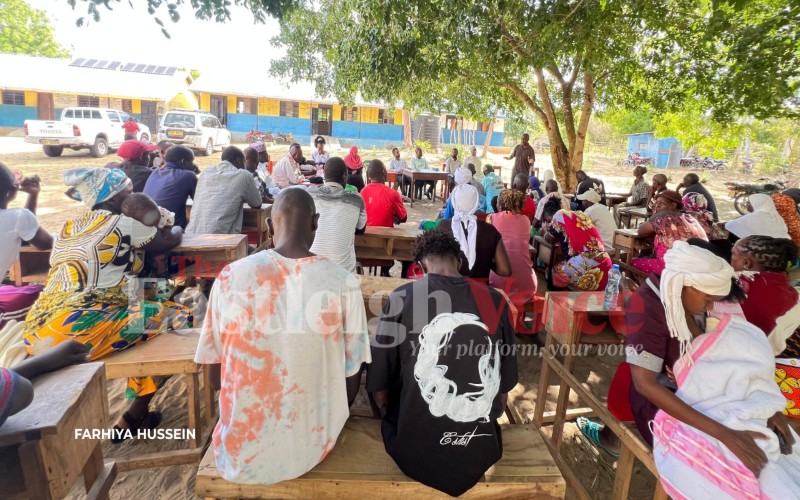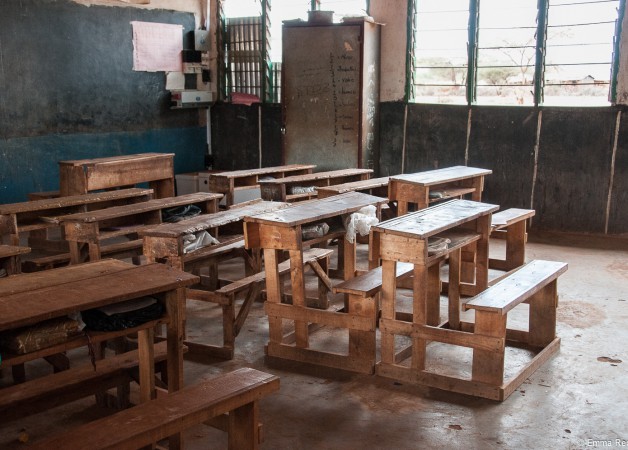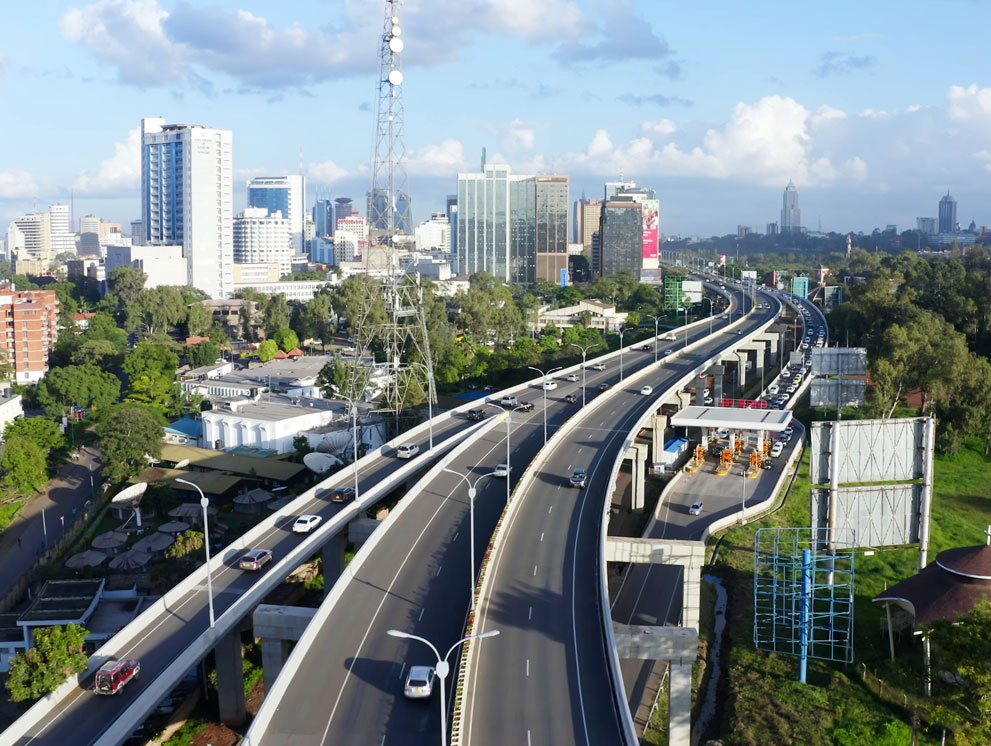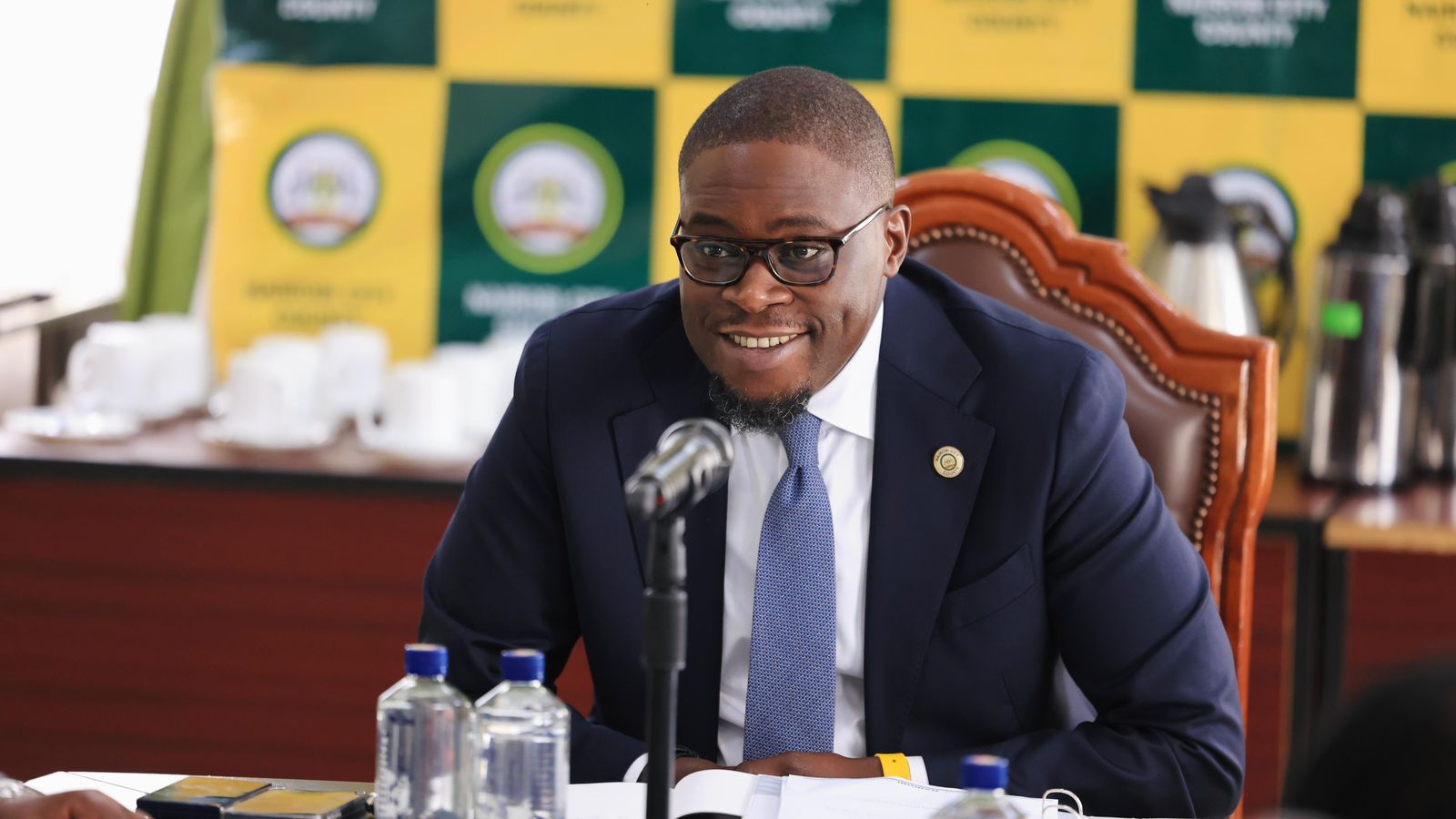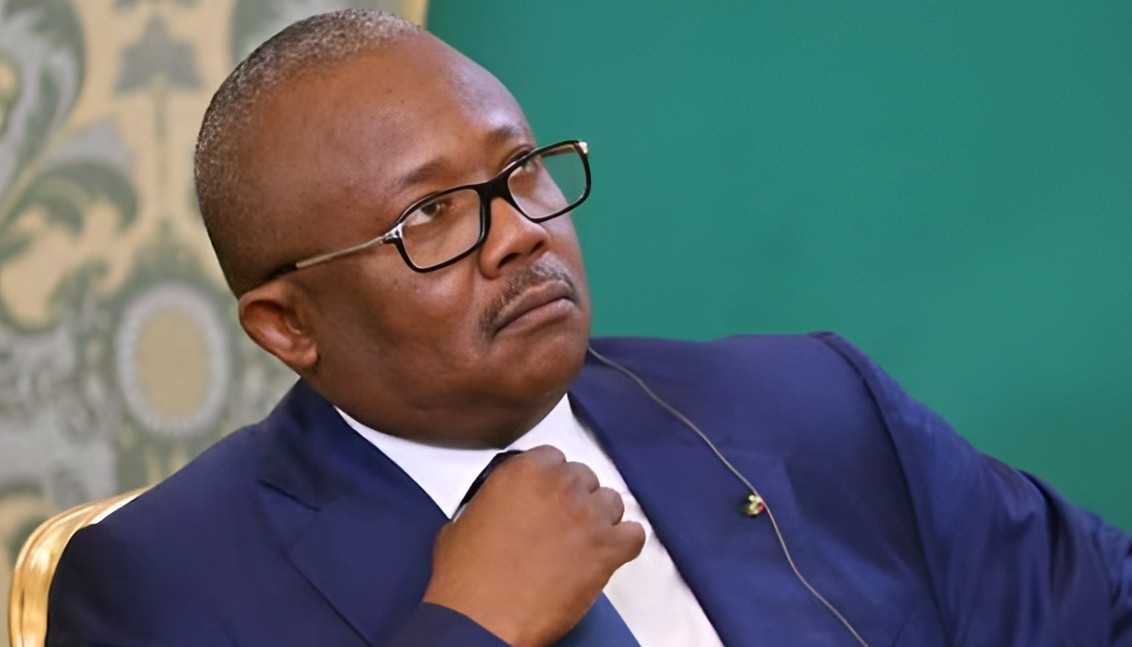Auditor General’s report prompts probe into Kenya School of Government finances
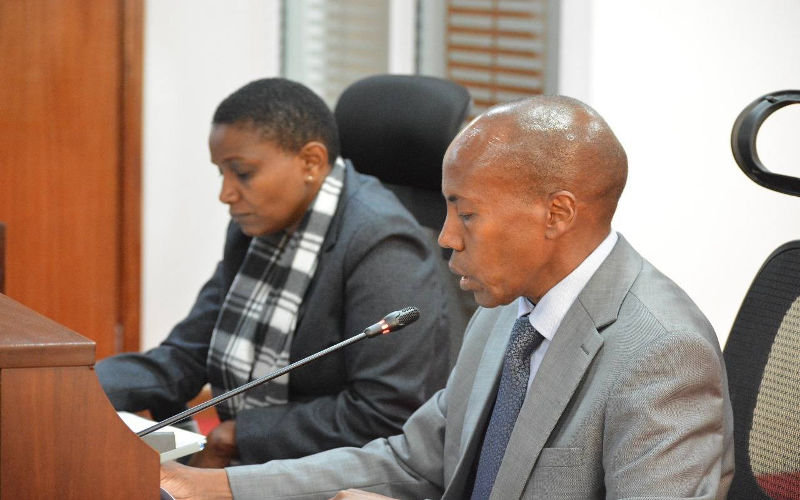
During the session at Bunge Towers on Thursday, Kwanza MP Ferdinand Wanyonyi raised concerns over the treatment of trade debtors, pointing out that no provision was made for potentially uncollectable debts.
The Kenya School of Government has come under scrutiny by the Public Investments Committee on Social Services, Administration and Agriculture, which questioned its handling of public resources following concerns flagged by the Auditor General.
The institution’s CEO, Professor Maklar Mohamed, appeared before the committee chaired by Navakholo MP Emmanuel Wangwe to respond to various audit issues relating to debts, imprests, and capital works.
More To Read
- Top schools flagged for illegal fees and uniform procurement in Auditor General’s report
- Audit flags leadership vacuum at Garissa University since 2022
- Treasury under fire for using Sh2.67 trillion in domestic loans on recurrent spending
- Auditor General calls for penalties on officers who ignore audit recommendations
- Auditor General Nancy Gathungu warns of pension losses as government delays remittances
- Revenue gaps, budget misalignments hurting service delivery, warns Auditor General
During the session at Bunge Towers on Thursday, Kwanza MP Ferdinand Wanyonyi raised concerns over the treatment of trade debtors, pointing out that no provision was made for potentially uncollectable debts.
He questioned the institution’s reliance on commitment letters rather than upfront payments. In response, Prof. Mohamed explained that clients often submit commitment letters and promise to pay within the same financial year.
Attention also shifted to capital projects after it emerged that the Mombasa Customer Care building had been demolished.
Wangwe pressed the CEO to justify the decision and reveal the value lost. Prof. Mohamed said the structure was removed to pave the way for a parking lot and disclosed that it was valued at Sh809,000.
The committee also questioned delays in surrendering imprests issued to staff for official travel. Wangwe asked why the balances had not been cleared in good time and demanded the necessary journal entries for accountability.
Prof Mohamed said the imprests had been issued for official duties and that some employees had not surrendered their balances by June 30, but all outstanding amounts had now been entered into the institution’s imprest ledger.
Wanyonyi urged the institution to treat audit concerns with the seriousness they deserve. “Anything raised by the auditors, provide the documents. Prof, we have to live by that,” he said.
The committee emphasised that all supporting documents mentioned must be submitted promptly to ensure transparency and protect taxpayer funds.
Top Stories Today

